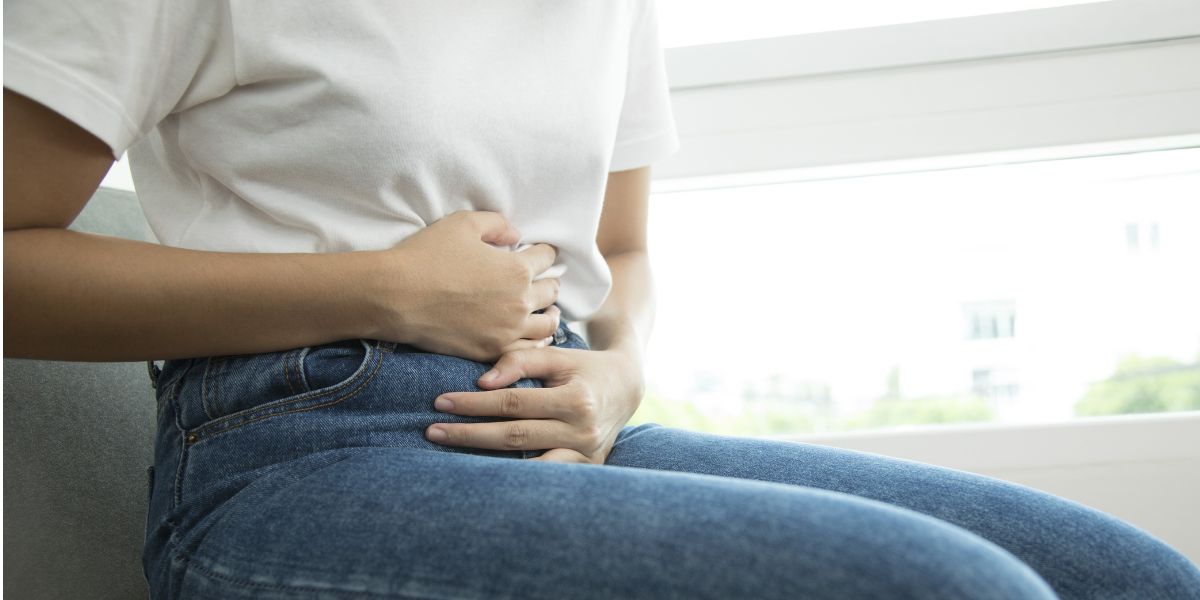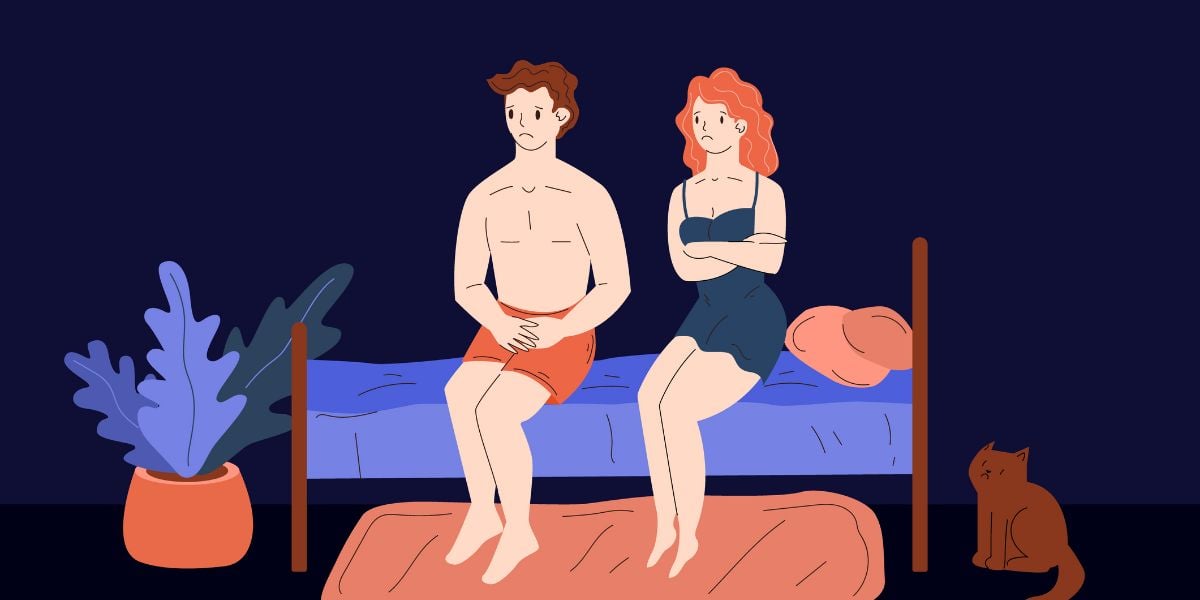Irritable bowel syndrome, commonly abbreviated to IBS, is a common condition and so having both diabetes and IBS is also relatively common.
Both IBS and diabetes can be managed through diet and medication.
Irritable bowel syndromen, commonly abbreviated to IBS, can cause uncomfortable and unpleasant symptoms.
The good news is that the symptoms are not a result of damage to the gut but it is a condition that needs managing either through dietary choices, medication or other therapies.
People following more restrictive diets for their diabetes may need to make some compromises between choosing a diet suitable for their IBS and one that’s appropriate for their diabetes.
Symptoms
Symptoms of irritable bowel syndrome include:
- Stomach pain or cramps, which tend to subside after passing stools or wind
- Bloating
- Flatulence
- Diarrhoea
- Constipation
- An urgent need to visit the toilet to open your bowels
- Feeling your bowels have not been fully emptied after having visited the toilet
- Mucus in your stools
Passing blood or experiencing unexplained weight loss or anaemia are not associated with IBS. Tell your doctor if you notice any of these symptoms.
Causes
People with IBS tend to find that particular foods will trigger their symptoms.
These food triggers typically vary from person to person but the following list are more common food triggers.
- Greasy foods such as chips
- Snacks such as biscuits and crisps
- Alcohol
- Carbonated drinks such as cola and lemonade
- Foods containing the sweetener sorbitol
- Whole grain foods
- Dairy foods
- Chocolate
- Certain raw fruits and vegetables
- Drinks with caffeine including tea, coffee and caffeinated cola
IBS has been linked with stress, with patients reporting worse symptoms during periods of stress. Usage of antibiotics may also lead to a worsening of symptoms as the antibiotics may lead to some of the good bacteria in the gut being killed.
It is also possible that undiagnosed food intolerance may be causing the symptoms.
Lactose and gluten intolerance are common examples which can lead to similar symptoms as IBS.
Diagnosis
In order to diagnose irritable bowel syndromen, your doctor will likely ask you questions about the symptoms you have and your bowel movements.
A blood test may be carried out to investigate whether an infection or a different condition, such as coeliac disease is responsible for the symptoms.
Treatment – dietary changes
It may be necessary to make changes to your diet to help prevent or reduce the symptoms. If you know a particular type of food is causing flare ups, it may be advisable to avoid eating this food. It can help to keep a food diary , noting down which foods are eaten and which symptoms appear to spot any patterns.
If you suffer from diarrhoea as a result of your IBS, it may be advisable to reduce the amount of soluble fibre you eat. Soluble fibre is a type of fibre that our body can digest and it is found in foods such as oats, rye, apples, bananas, carrots and potatoes.
If you tend to get constipated as a result of IBS, it can help to increase your intake of insoluble fibre. This type of fibre does not get digested by the body and instead helps to move digested food through the gut.
Sources of insoluble fibre include whole grain foods, cereals, nuts and bran. Drinking more fluids may also help to reduce the effects of constipation.
Treatment – dedication
Treatment by medication may also be advised:
- If you have spasm-like pains, an antispasmodic medicine such as mebeverine (brand name Colofac) or peppermint oil may be prescribed to relax the muscles involved in digestion.
- If you have constipatio, you can take laxatives to help make your stools easier to pass.
- If you have diarrhoea resulting from IBS, loperamide can help to slow muscle contractions in the bowel which can help stools to solidify.
- If symptoms of pain and diarrhoea are not eased by the methods above, antidepressants such as TCAs (tricyclic antidepressants) and or SSRIs (selective serotonin reuptake inhibitors) may be prescribed.
Treatment – other therapies
As stress can be a contributing factor, other therapies such as cognitive behavioural therapy and mindfulness can be used to alleviate stress.
These therapies may be available on the NHS if other treatments have not been successful or can be accessed privately through qualified therapists.
Diabetes and irritable bowel syndrome
IBS often requires some degree of dietary change and in some cases, having diabetes may mean needing to make some compromises between the best diet for your diabetes and the best for minimising symptoms of IBS.
If you suffer from constipatio, the advice is to include more insoluble fibre from food such as whole grain foods, cereals and bran. Those on low carb diets may need to make a compromise whereby the symptoms can be eased without raising blood glucose levels too high.
If such a compromise is hard to reach, taking medication for IBS or taking alternative diabetes medication are further options.






